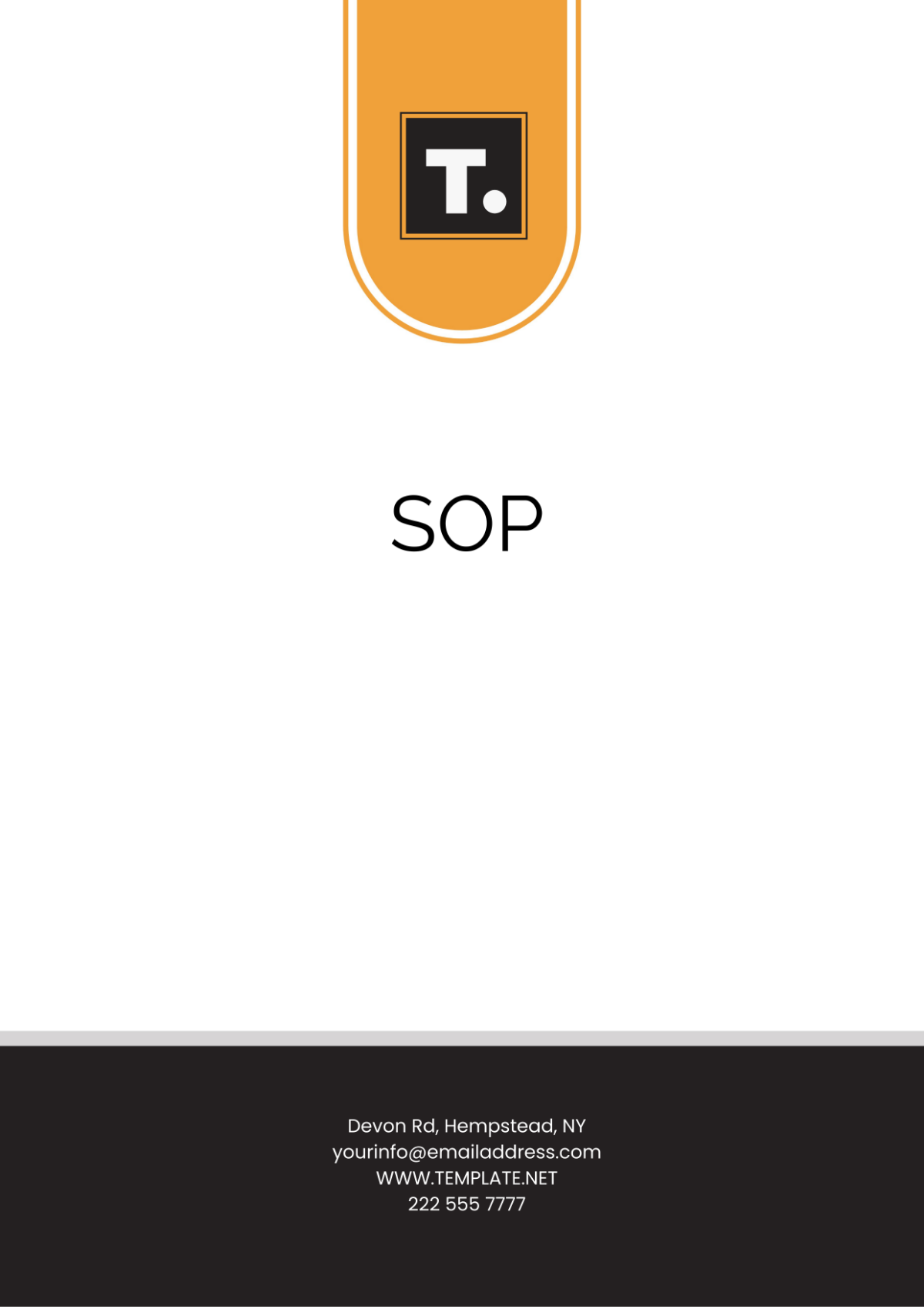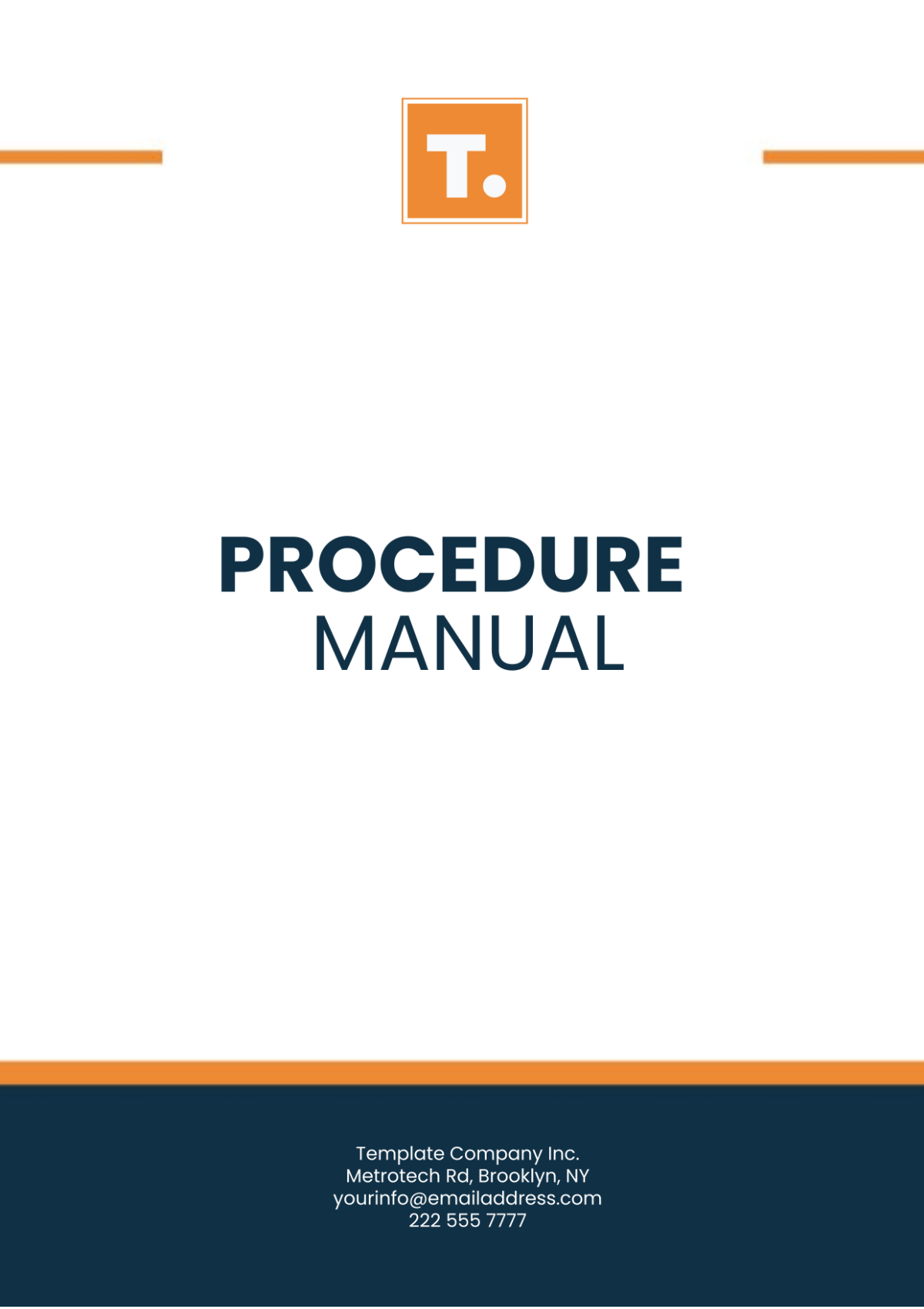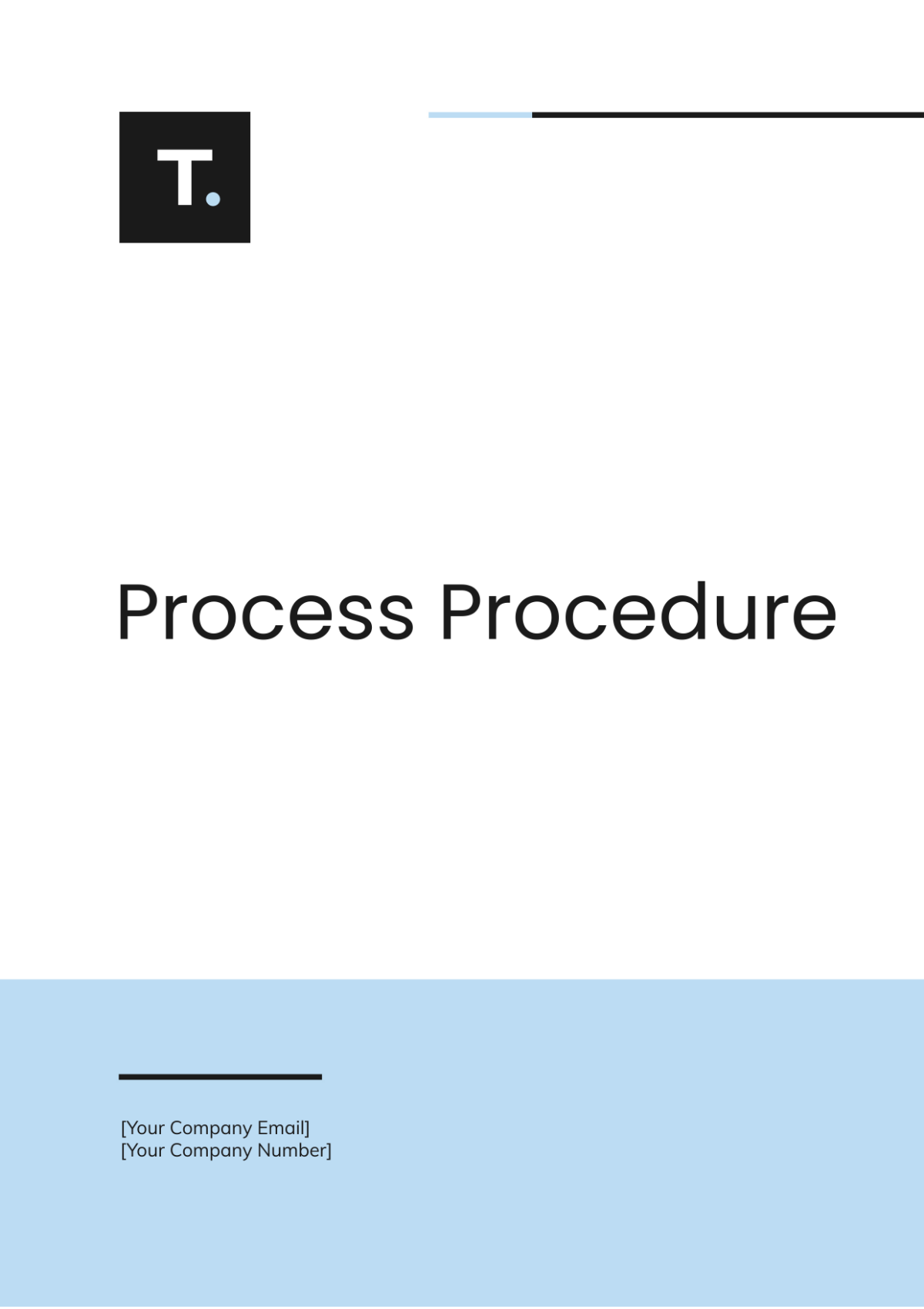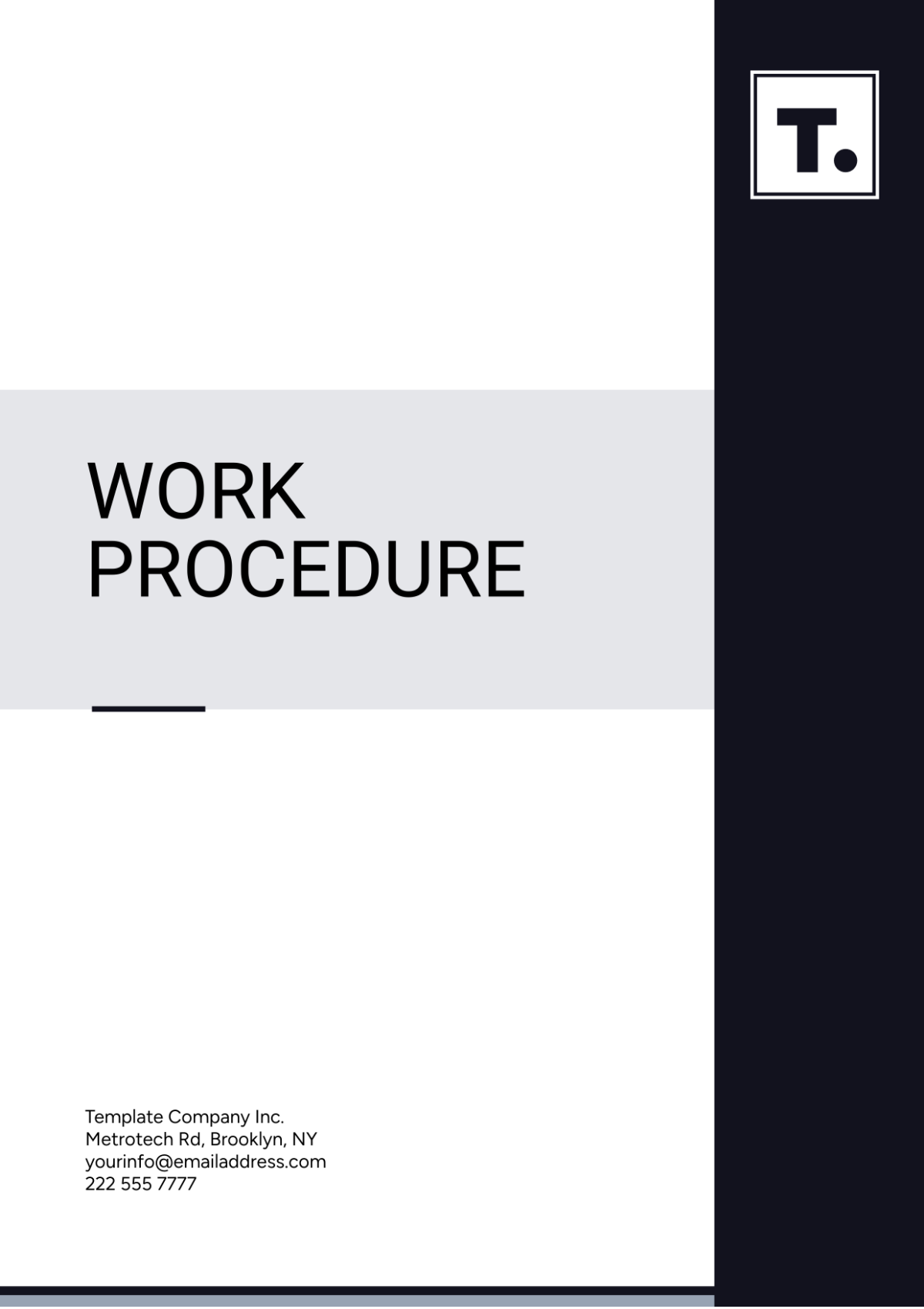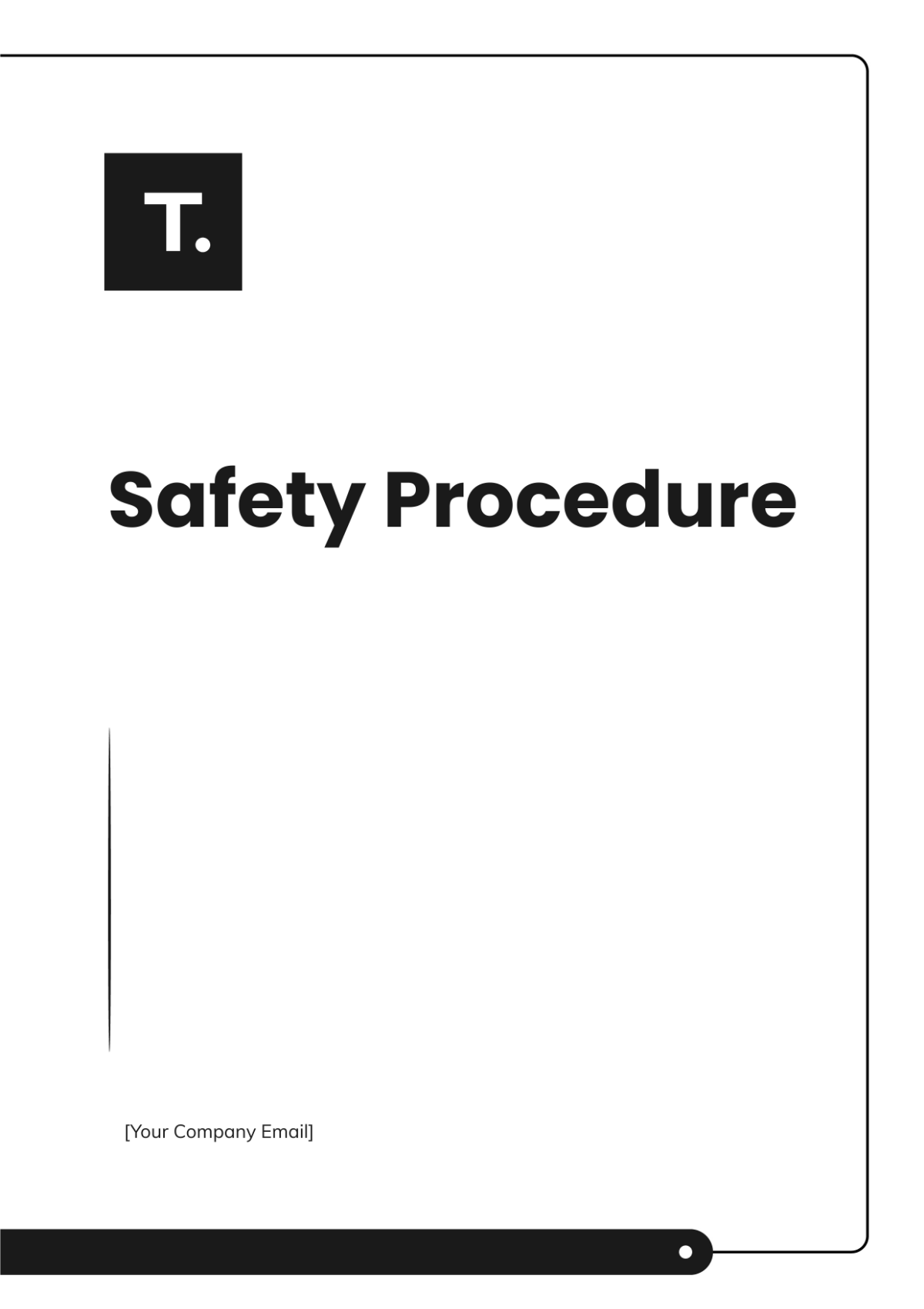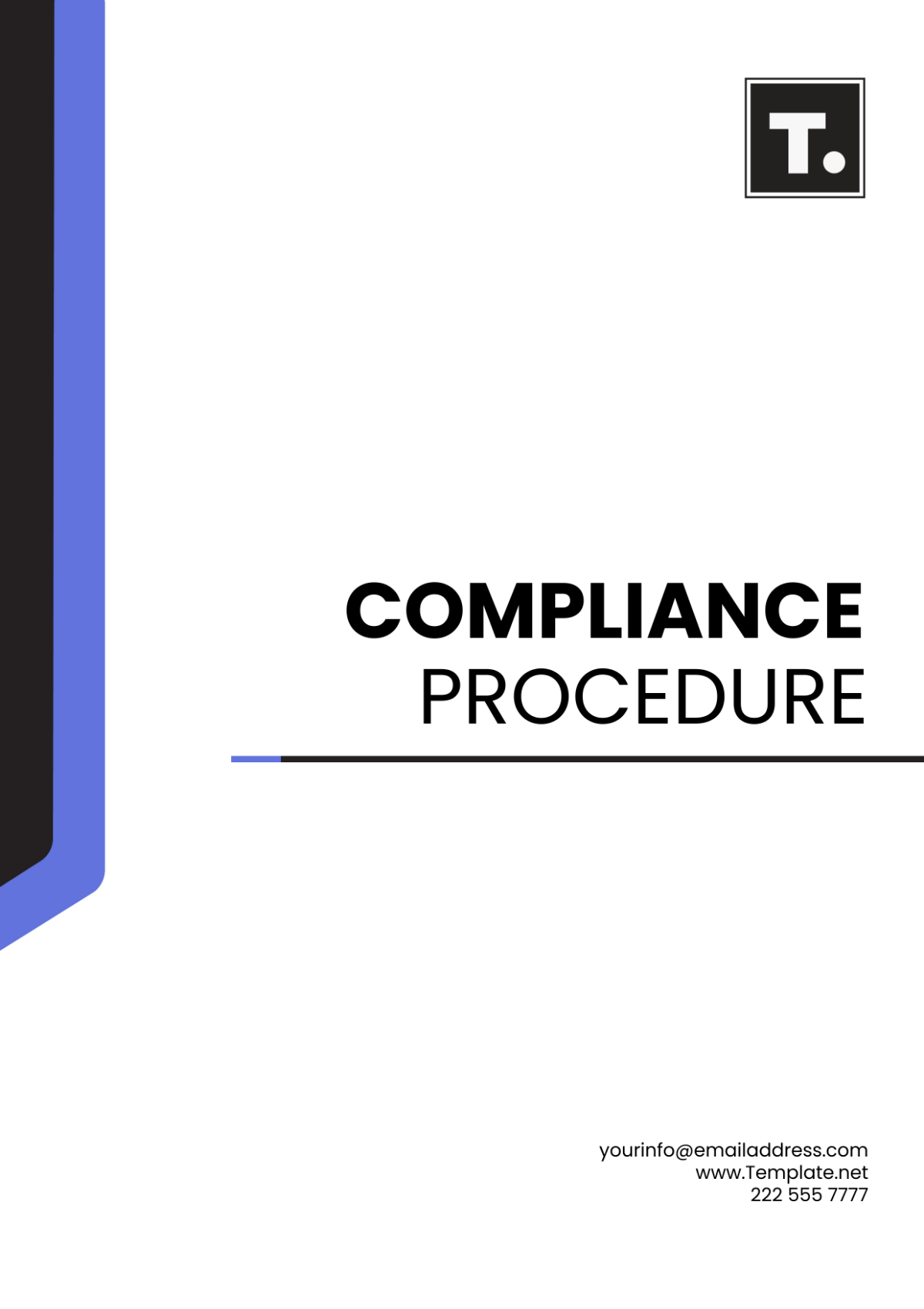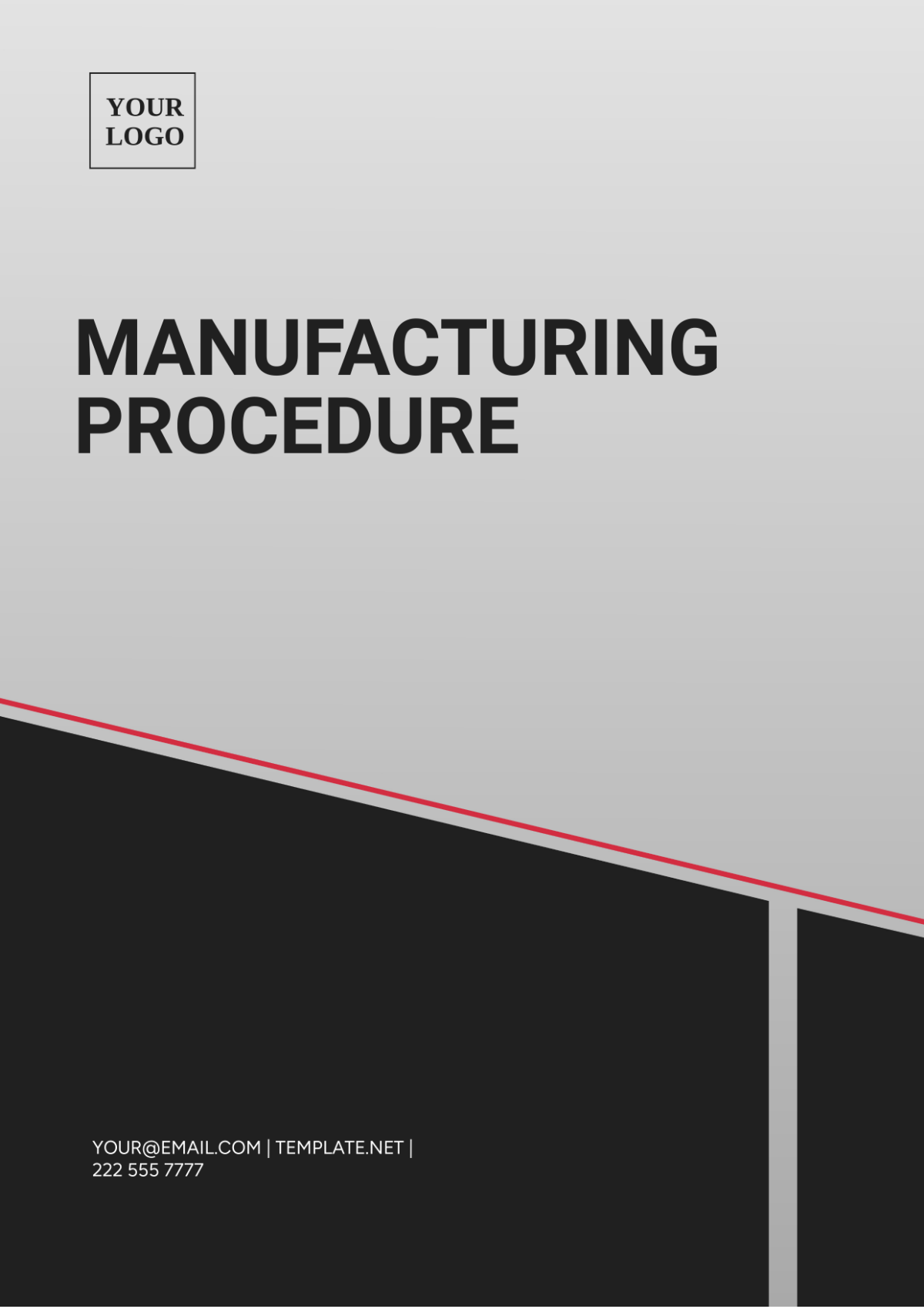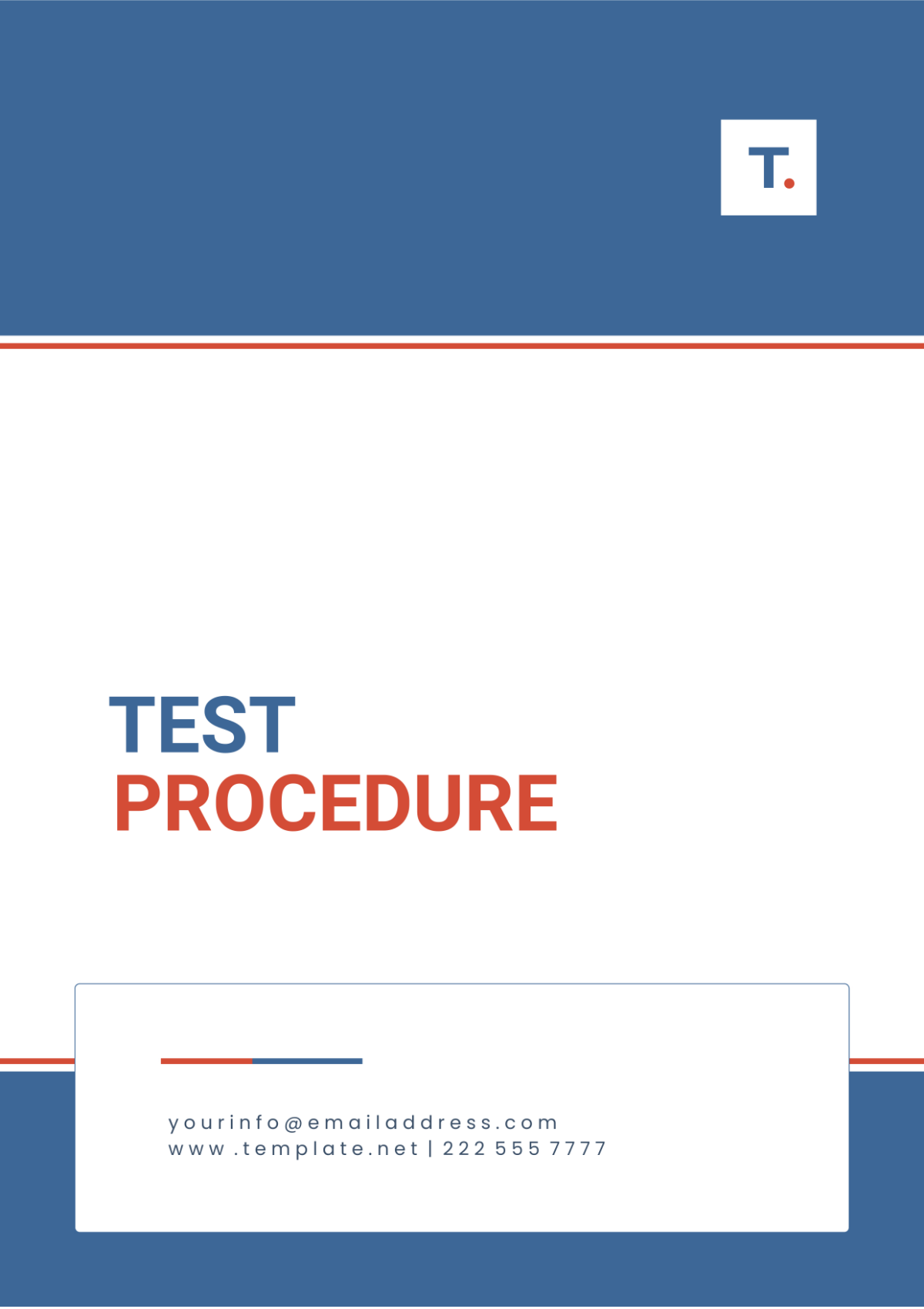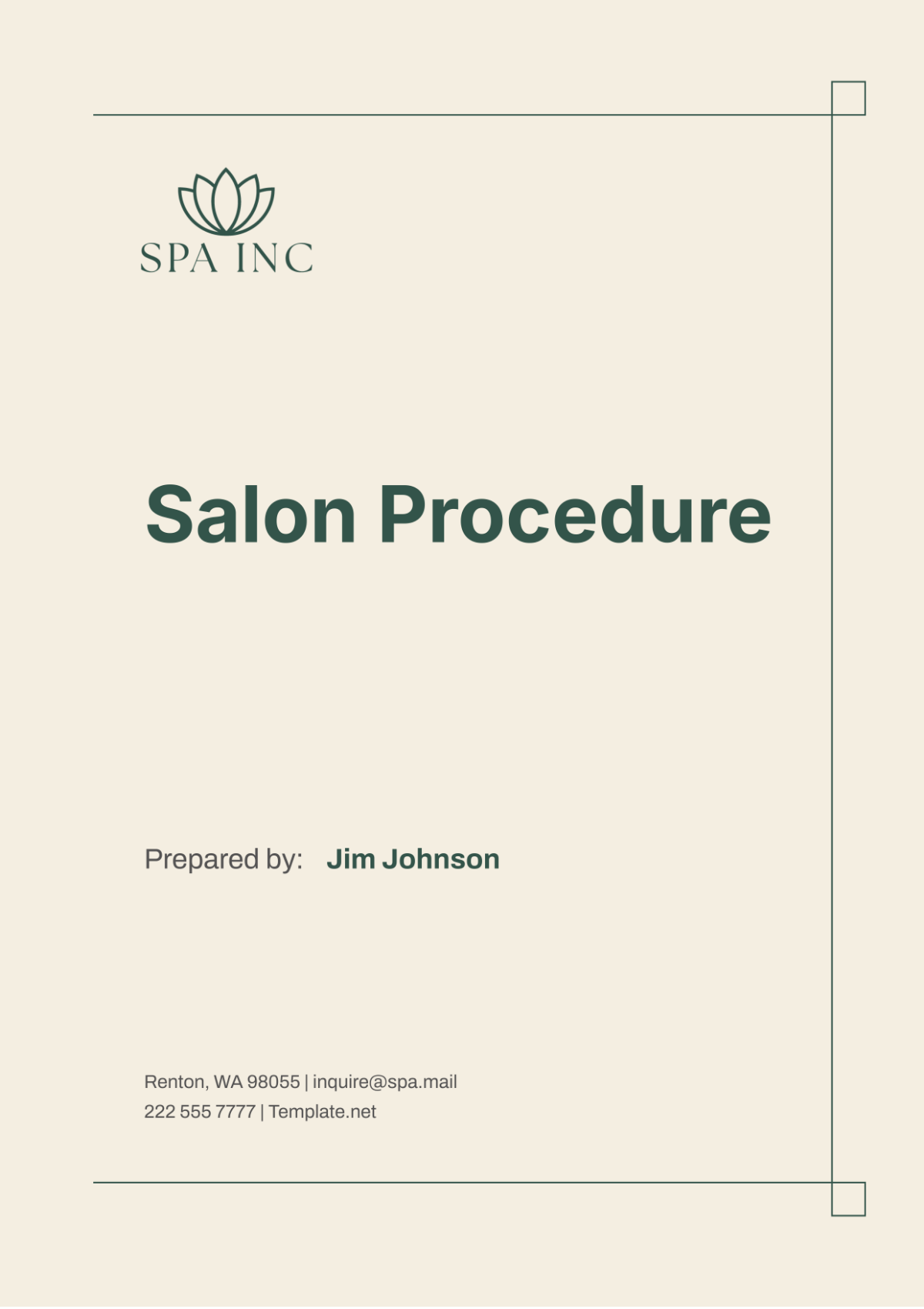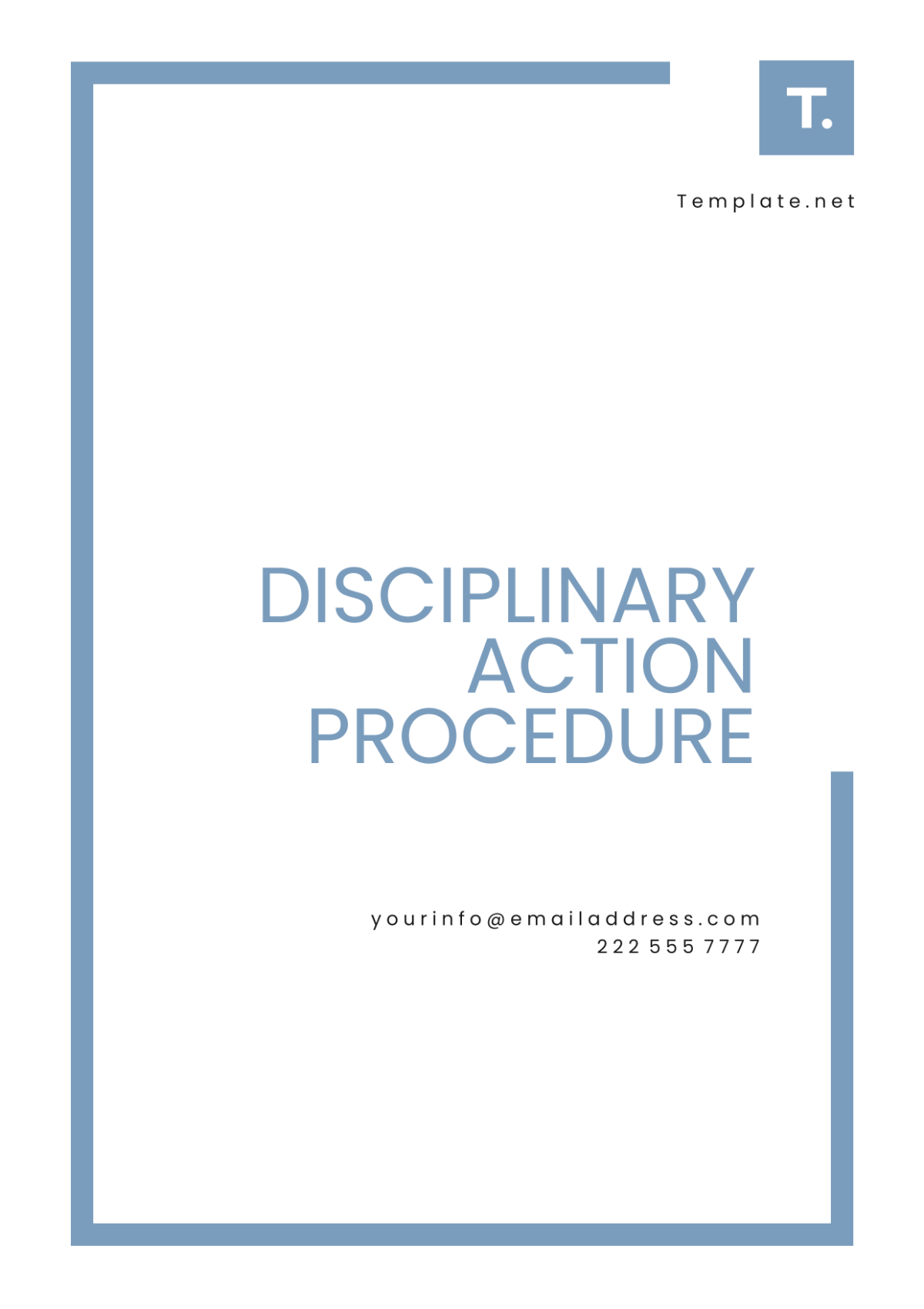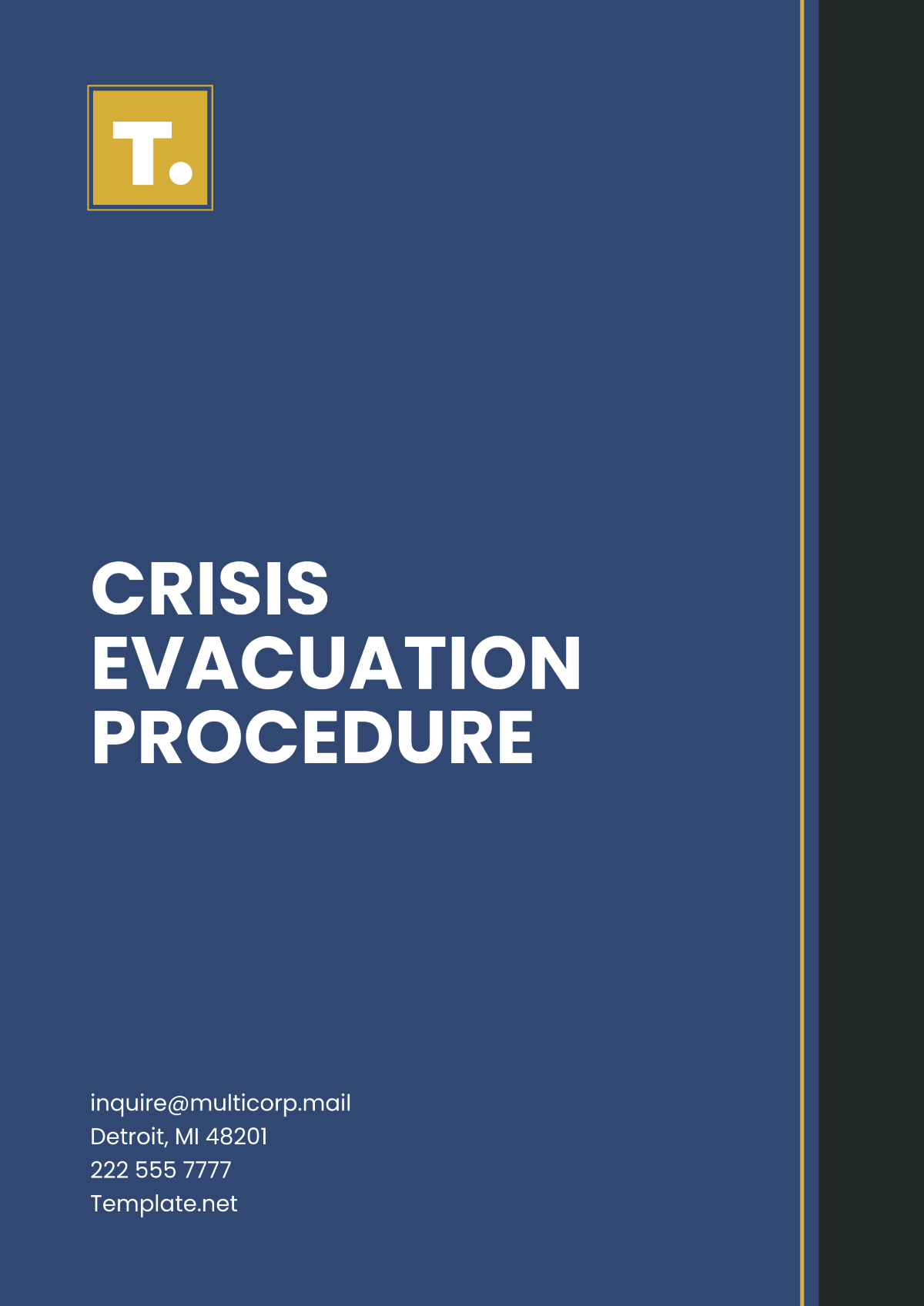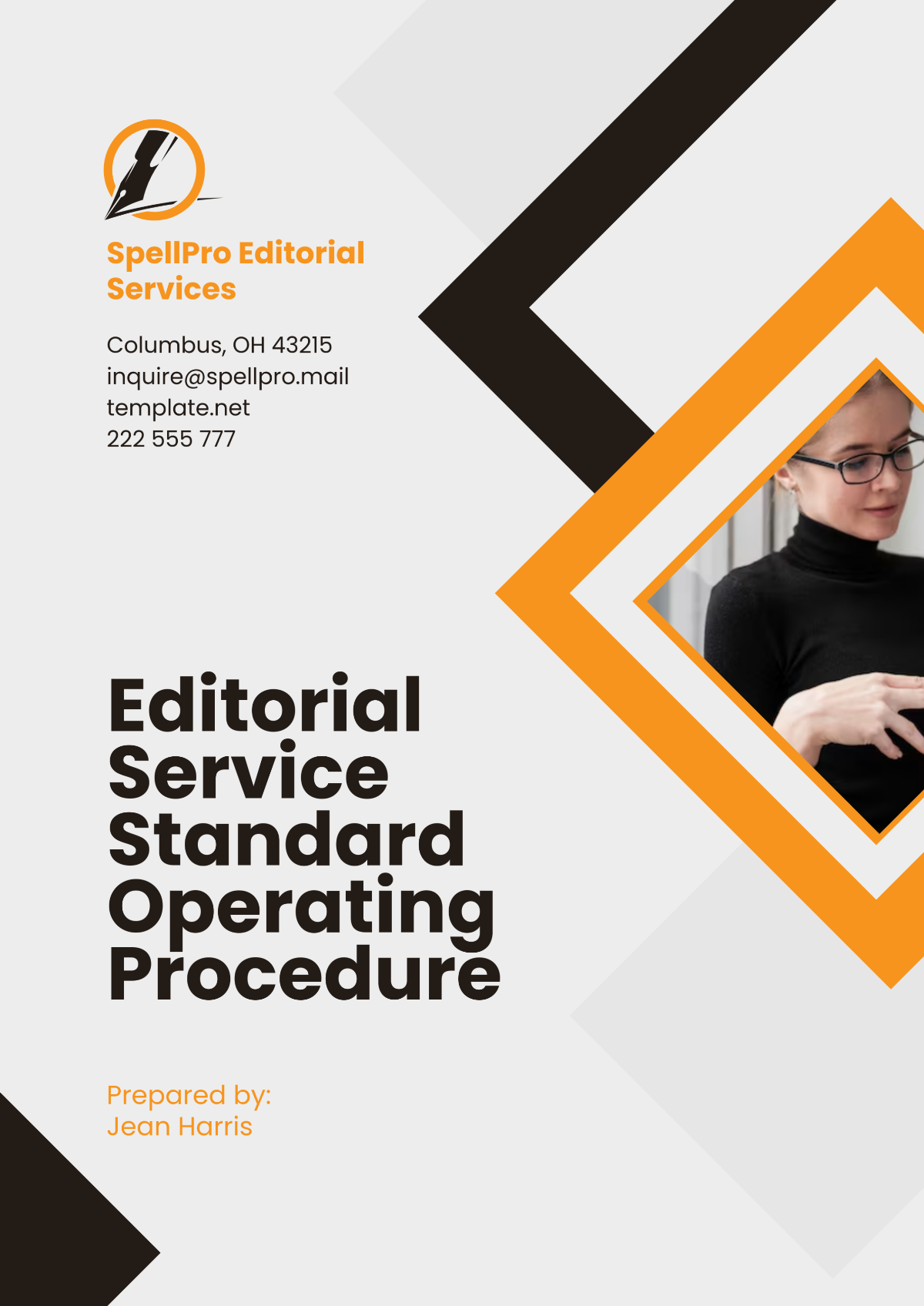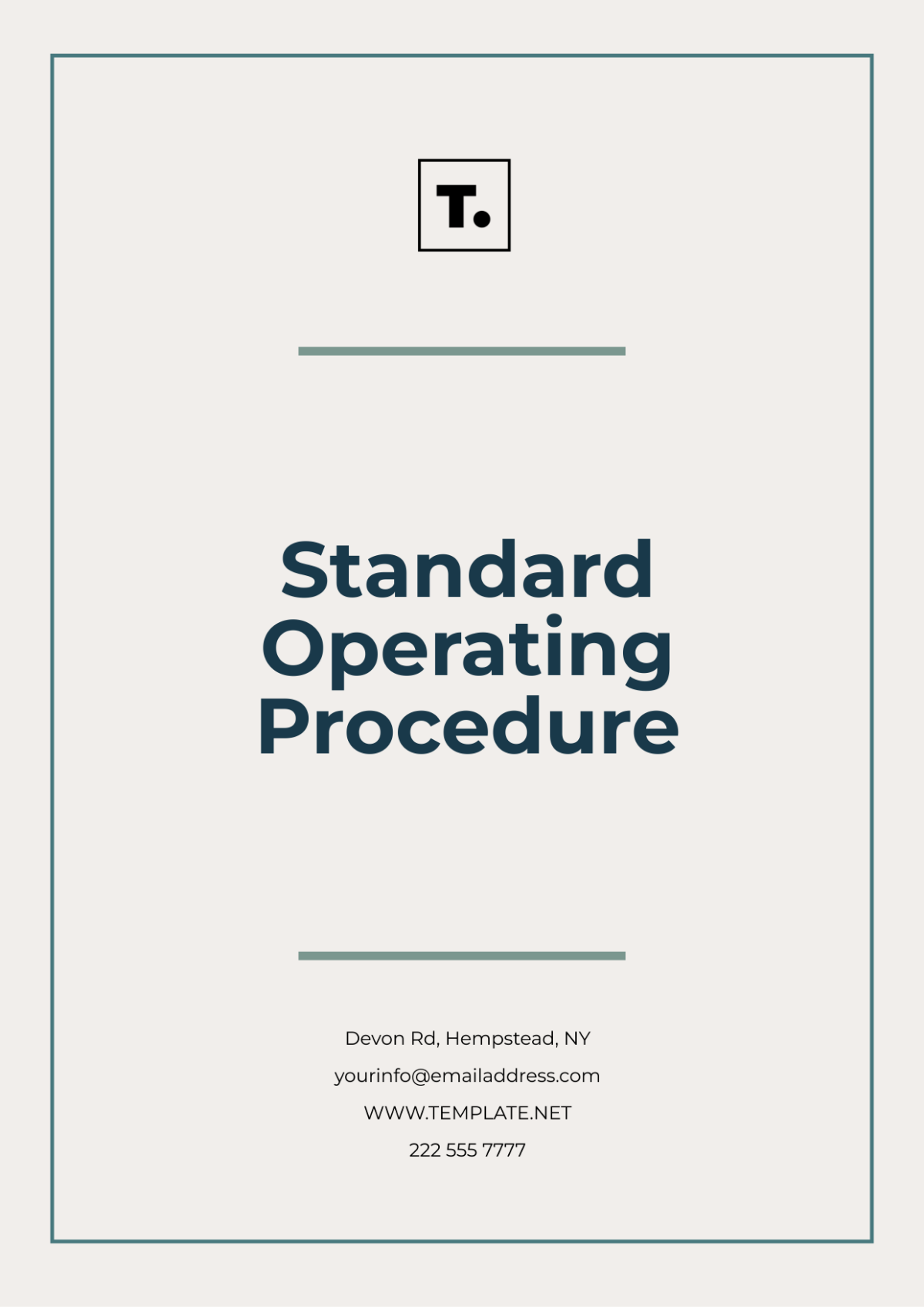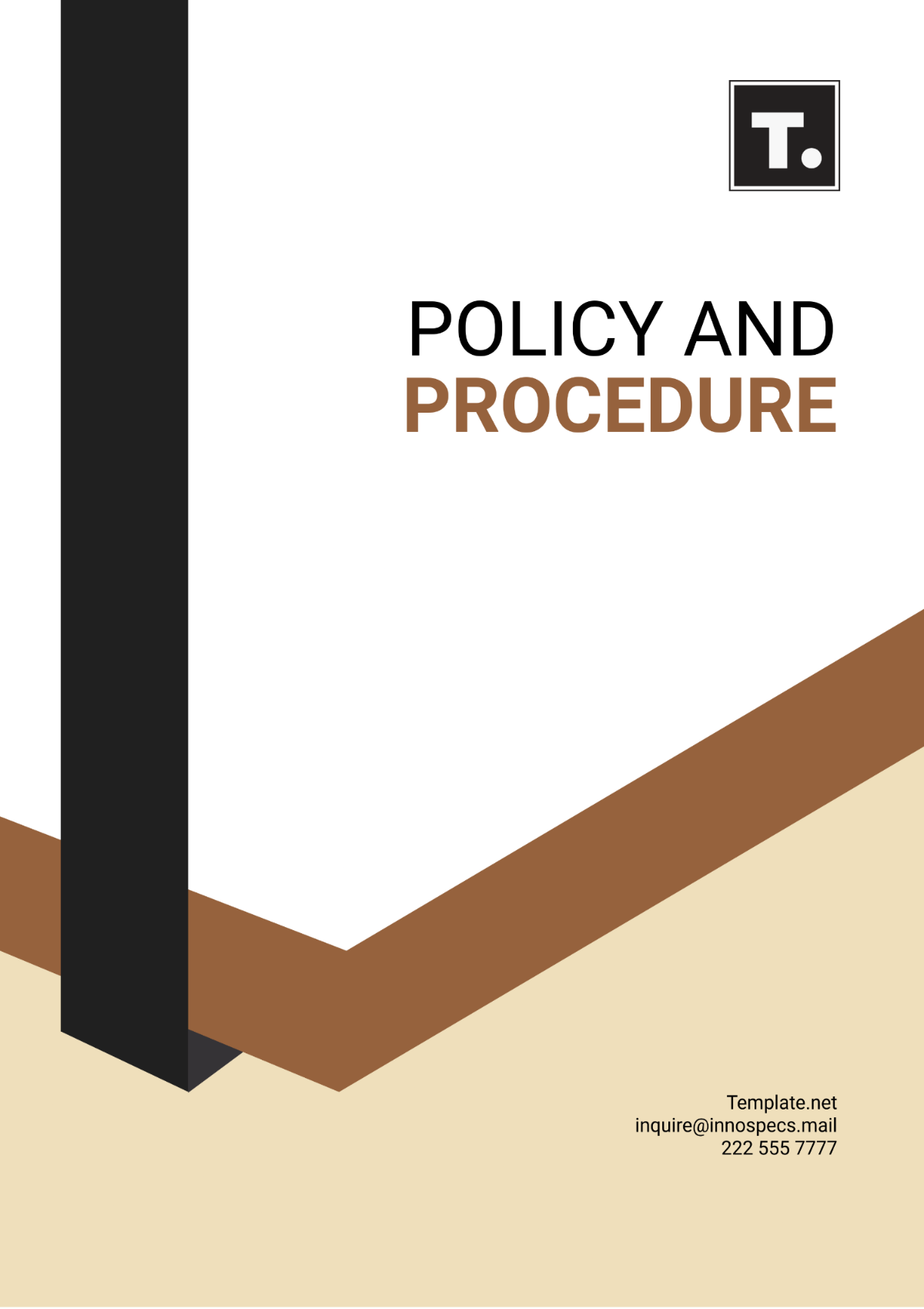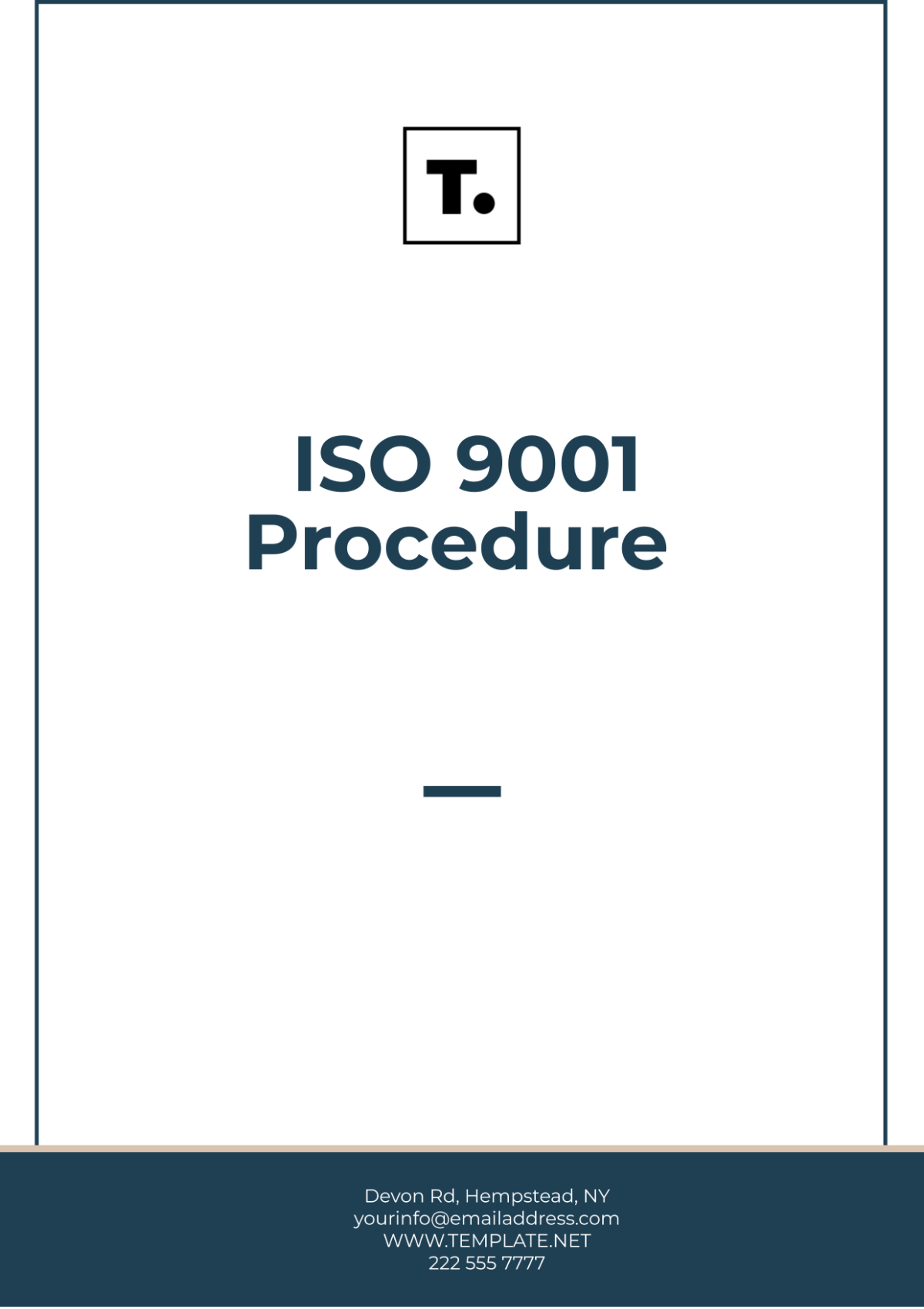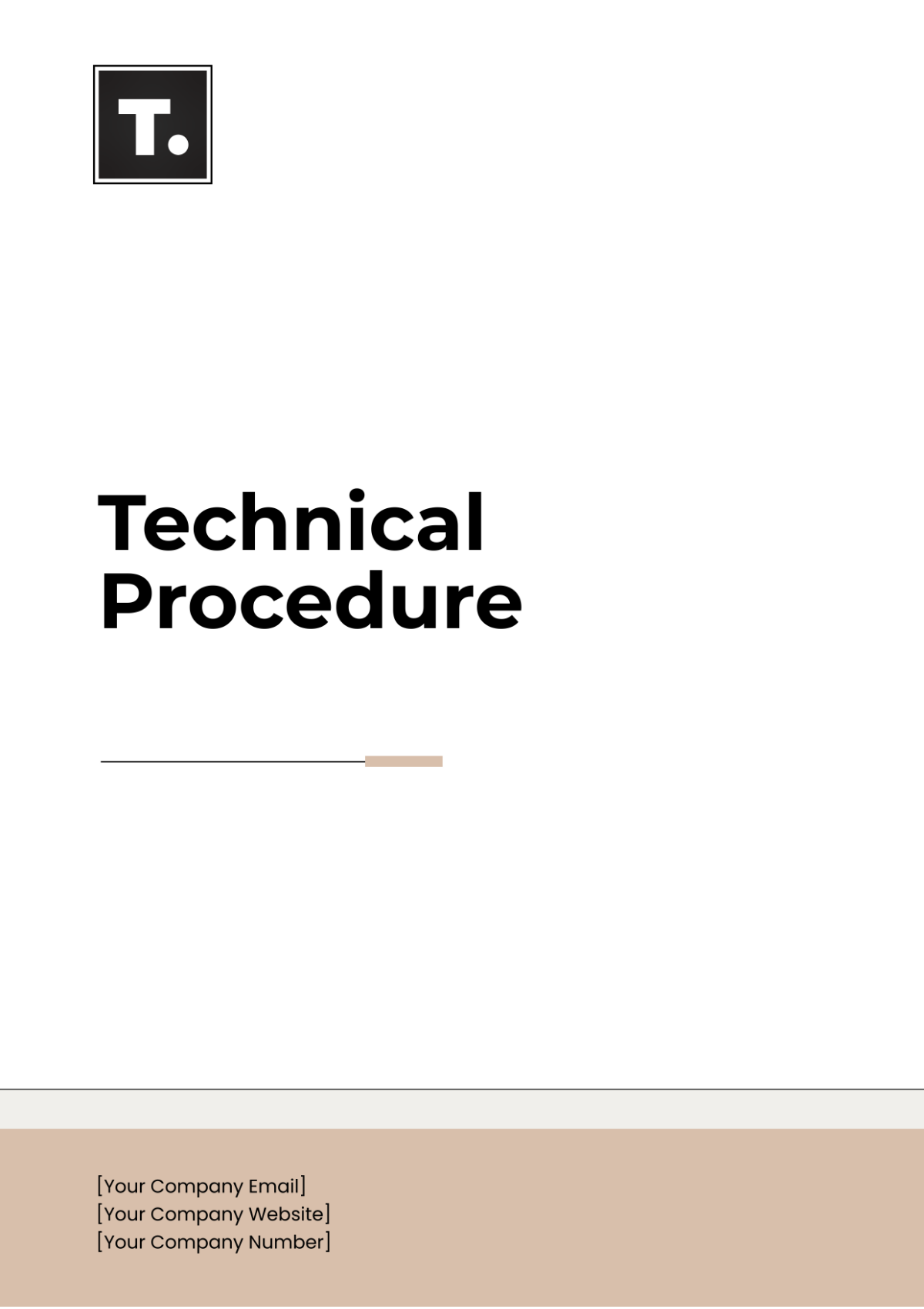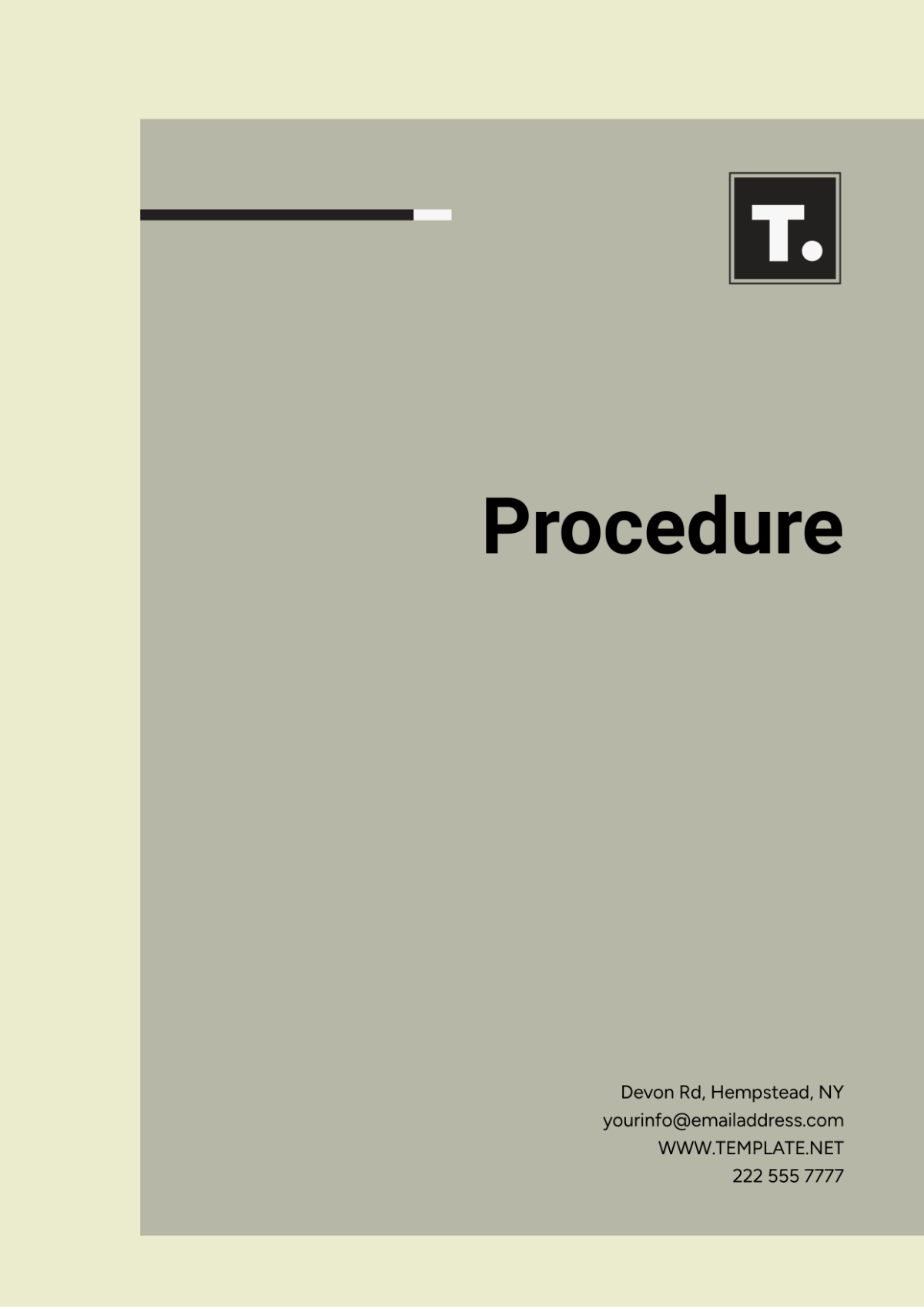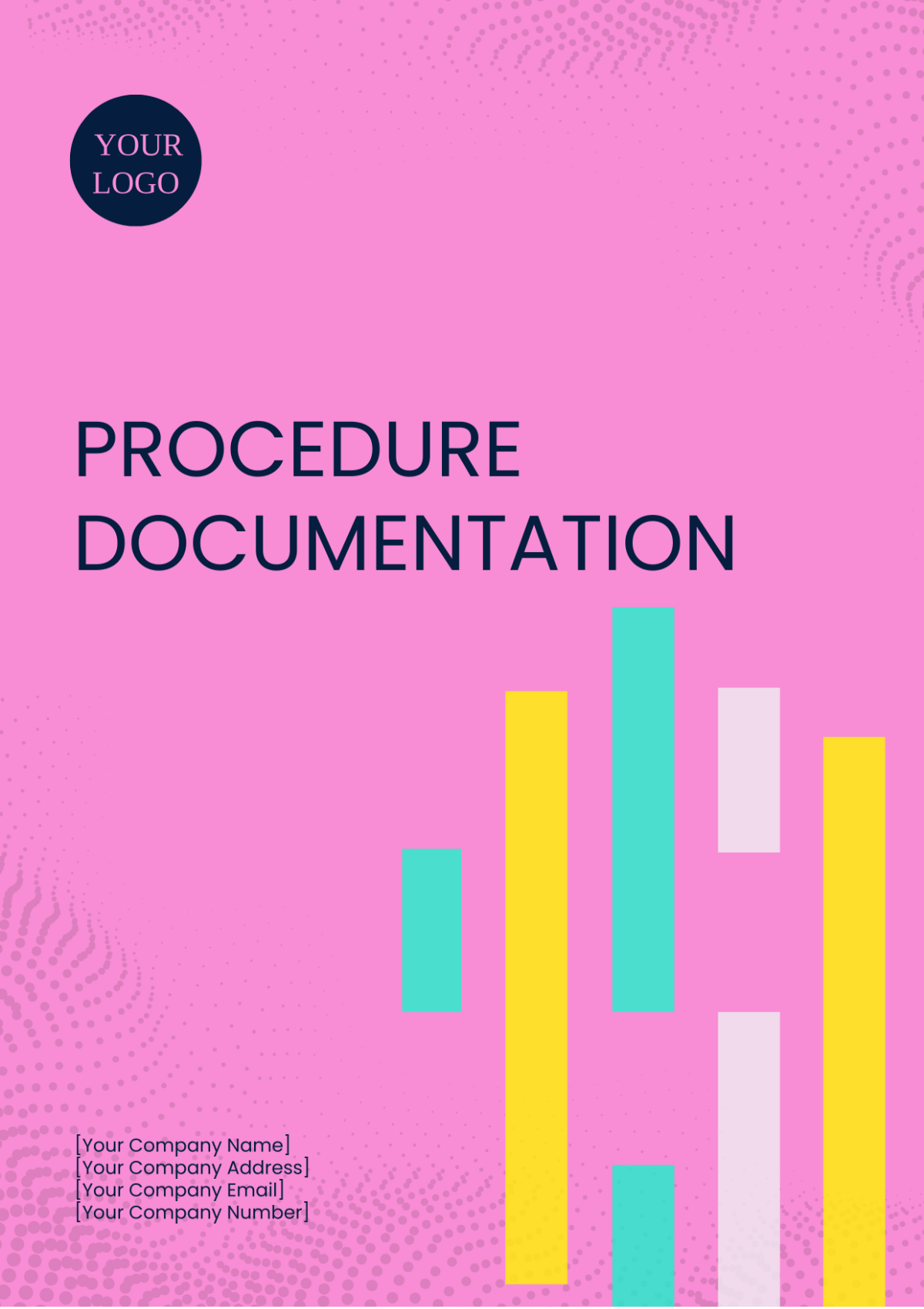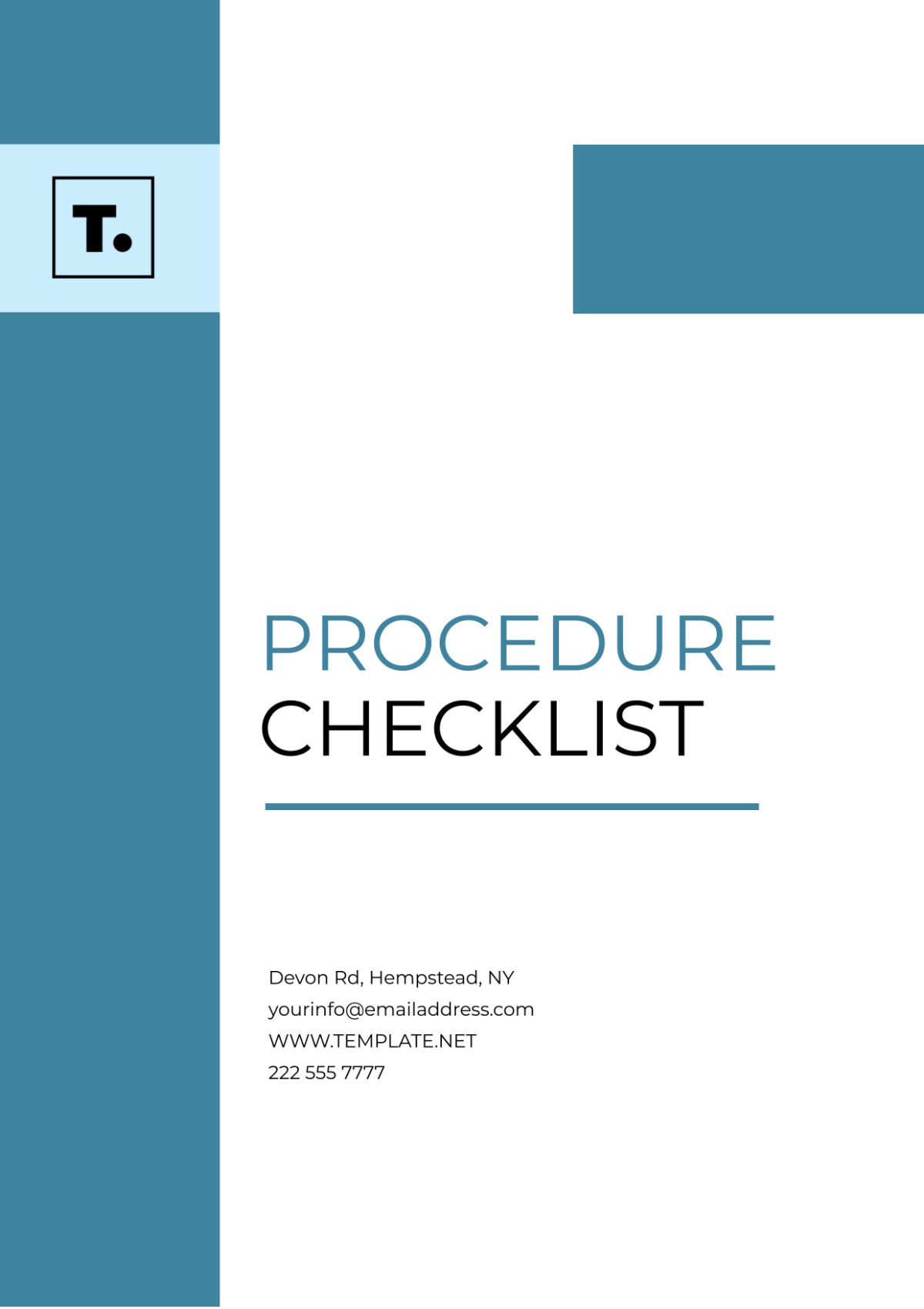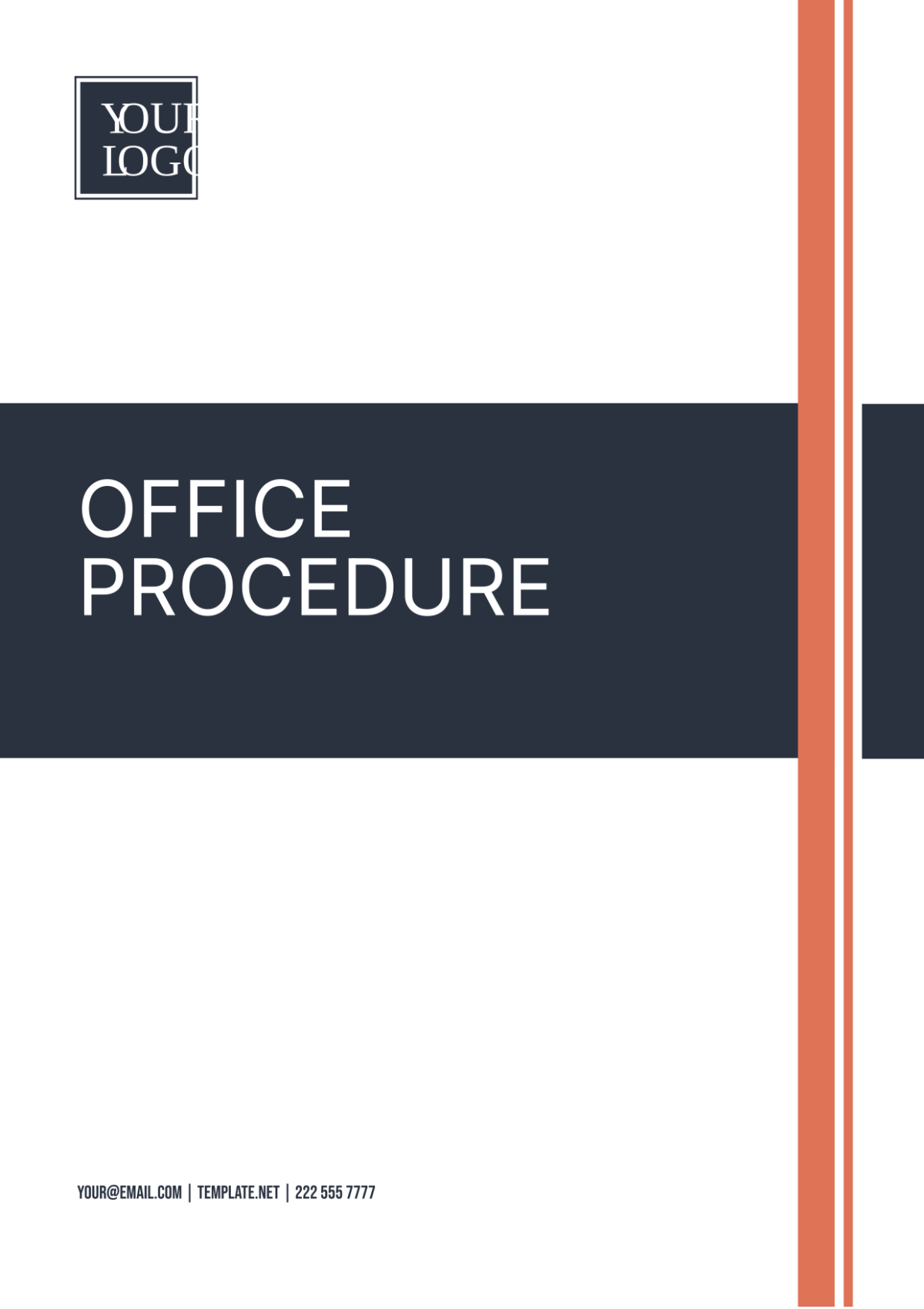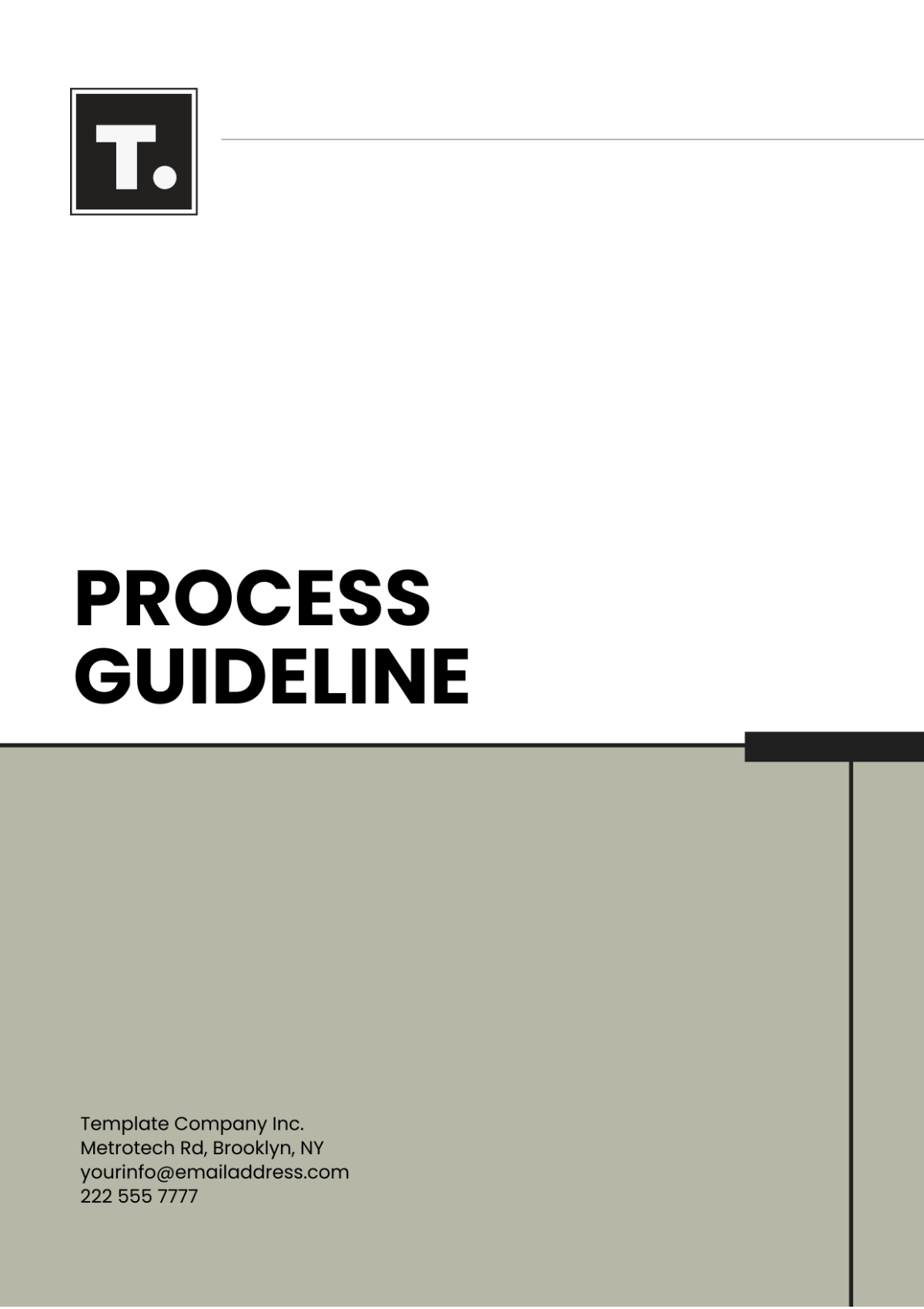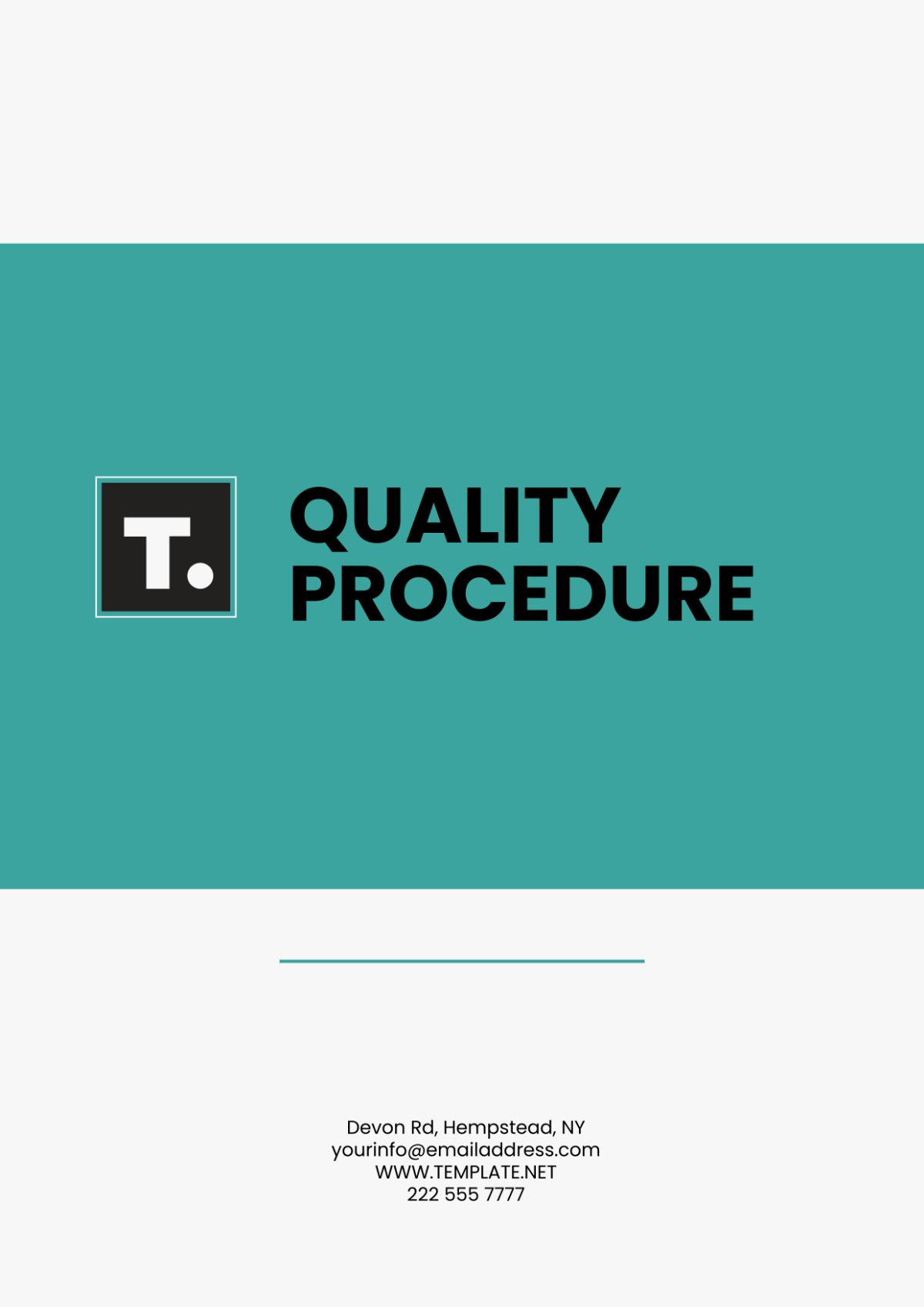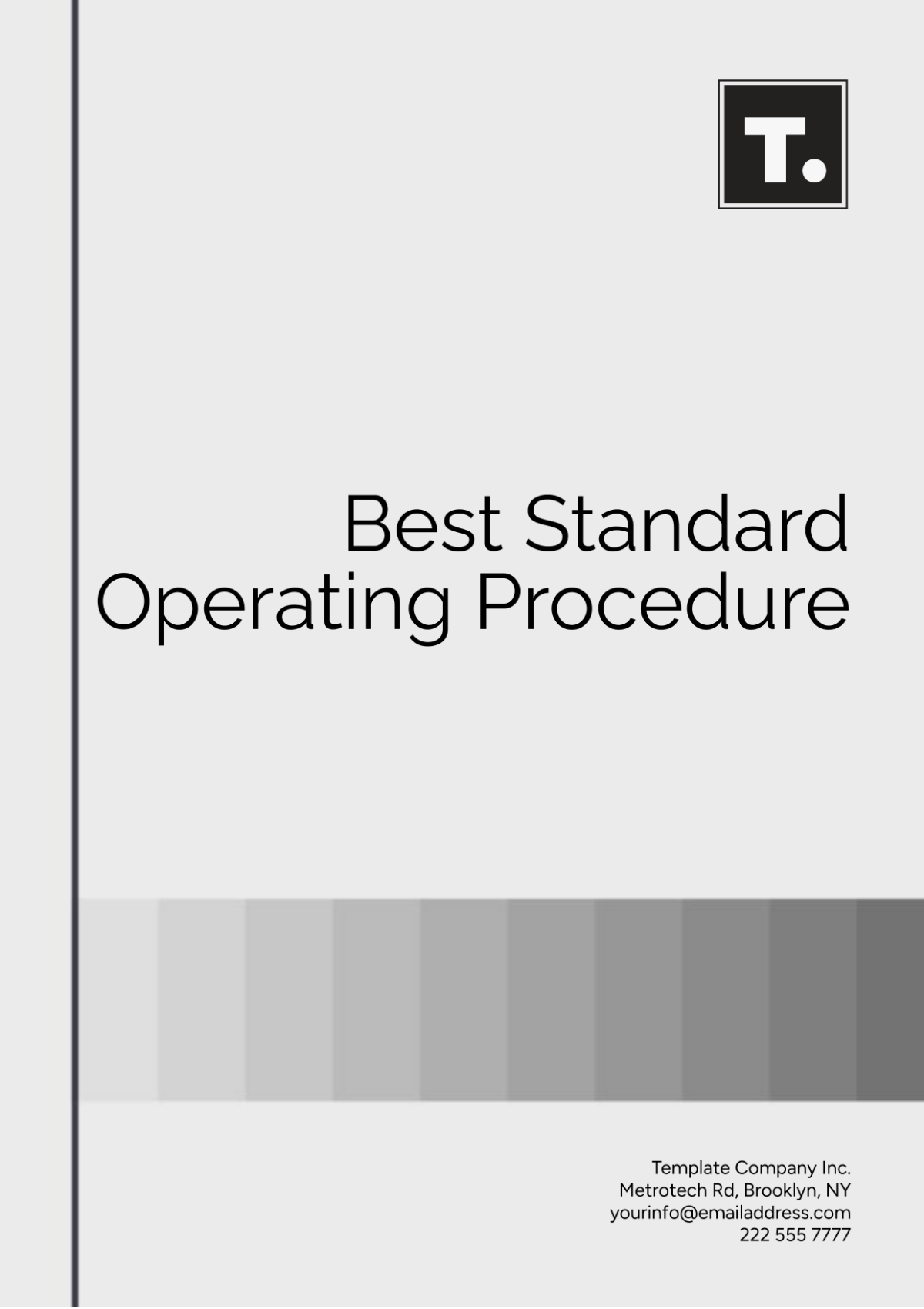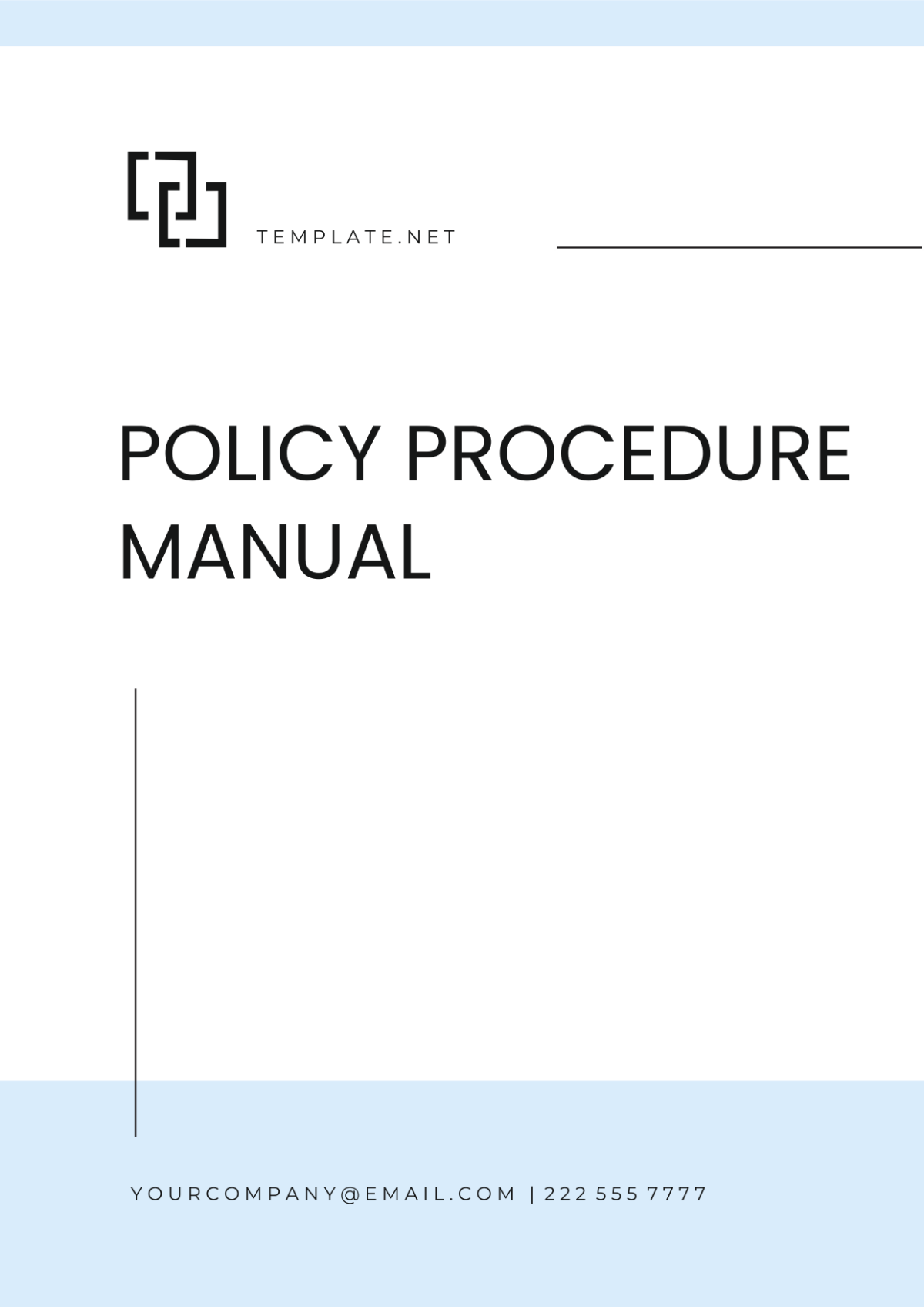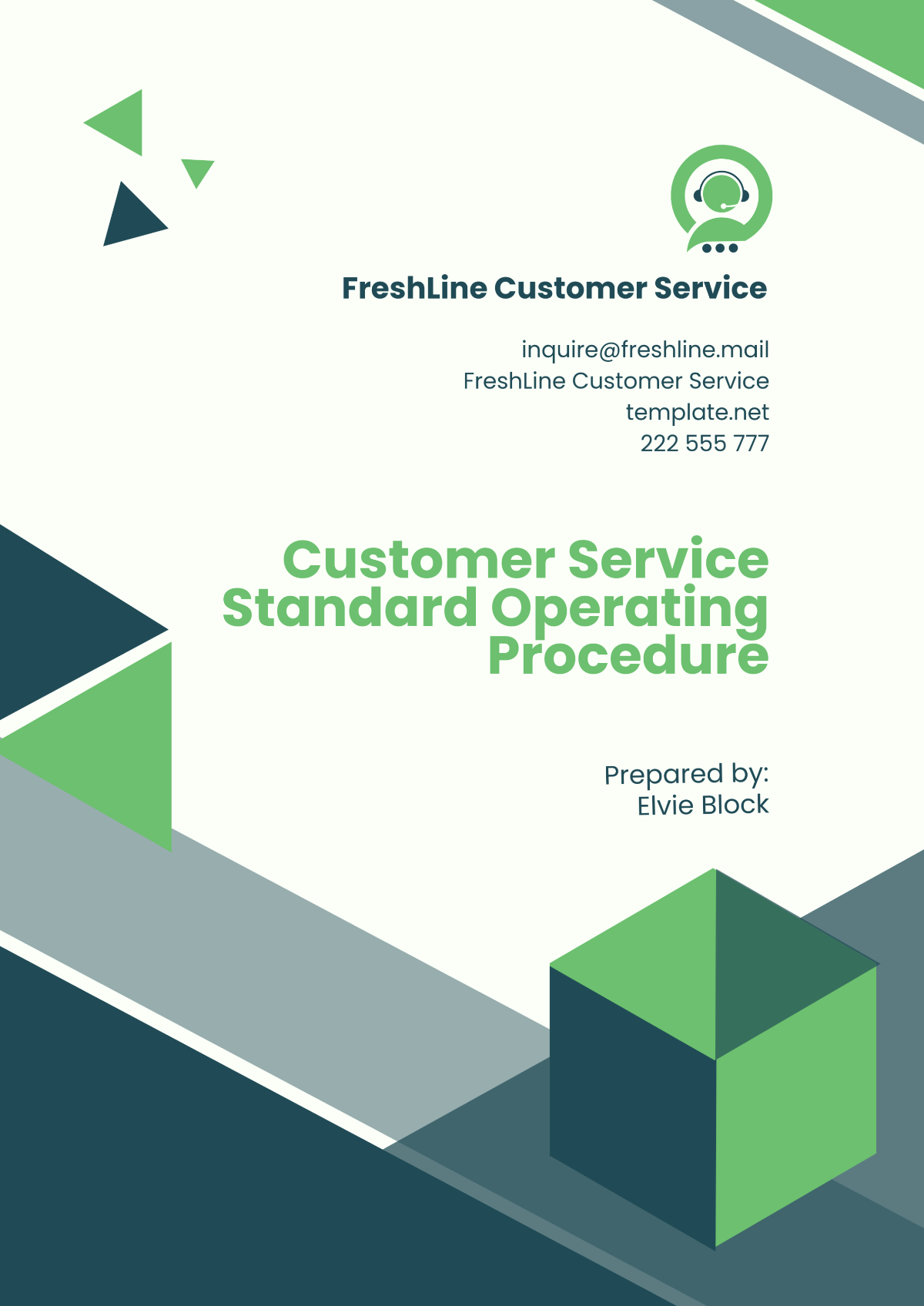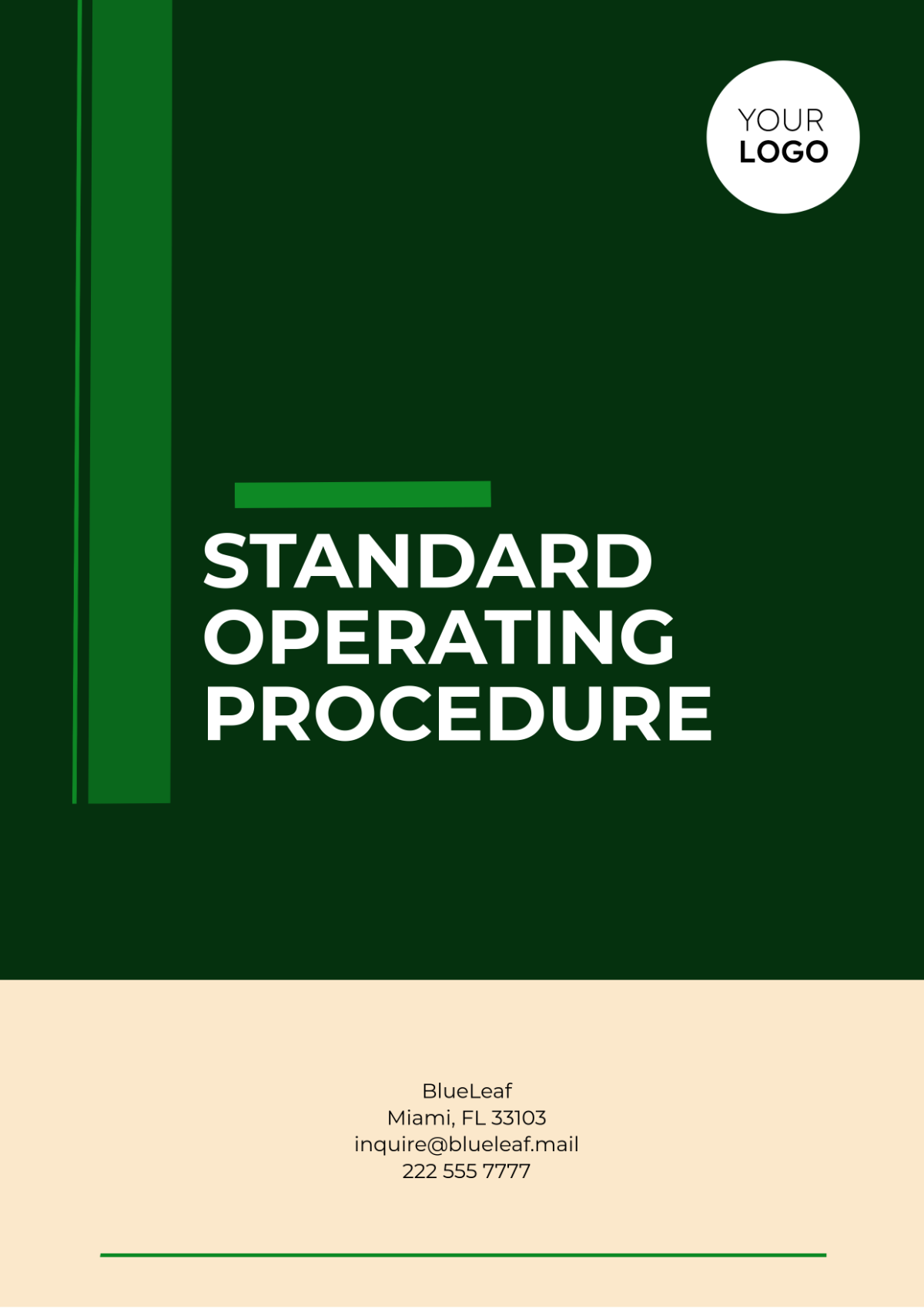Free Qualitative Procedure Template
QUALITATIVE PROCEDURE
Prepared by | Company Name | Department | Date |
|---|---|---|---|
[YOUR NAME] | [YOUR COMPANY NAME] | [YOUR DEPARTMENT] | [DATE] |
Introduction:
This Qualitative Procedure Template outlines the steps for conducting qualitative research within [YOUR COMPANY NAME]. It provides guidance on the methodology, data collection, analysis, and reporting procedures involved in qualitative research studies.
Scope:
This procedure applies to researchers, analysts, and other personnel involved in conducting qualitative research projects within [YOUR COMPANY NAME]. It encompasses various qualitative research methods, including interviews, focus groups, observation, and content analysis.
Purpose:
The purpose of this procedure is to establish standardized practices and protocols for conducting high-quality qualitative research that generates valuable insights and contributes to evidence-based decision-making within [YOUR COMPANY NAME]. By following this template, researchers can ensure rigor, consistency, and transparency in their qualitative research endeavors.
I. Research Design and Planning
Research Objectives: Clearly define the research objectives, questions, or hypotheses to guide the qualitative study.
Identify the key concepts, themes, or phenomena of interest to be explored through qualitative inquiry.
Methodological Approach: Select an appropriate qualitative research approach or method (e.g., phenomenology, grounded theory, case study) based on the nature of the research questions and the desired depth of understanding.
Justify the chosen methodological approach and provide rationale for its suitability to address the research objectives.
II. Data Collection Procedures
Participant Selection: Identify and recruit participants who meet the criteria for inclusion in the study through purposeful sampling techniques.
Consider factors such as diversity, representativeness, and relevance to the research topic when selecting participants.
Data Collection Techniques: Employ a variety of data collection techniques, including semi-structured interviews, focus groups, participant observation, or document analysis, to gather rich and in-depth qualitative data.
Develop interview guides, observation protocols, or other data collection instruments to guide interactions with participants and ensure consistency across data collection sessions.
III. Data Analysis and Interpretation
Data Coding: Systematically analyze qualitative data through processes such as coding, categorization, and thematic analysis to identify patterns, themes, and insights.
Use qualitative data analysis software or manual coding techniques to organize and manage large datasets effectively.
Interpretation and Meaning Making: Interpret the findings of the qualitative analysis in relation to the research objectives and theoretical frameworks.
Explore connections, contradictions, and emergent themes within the data to generate nuanced understandings and theoretical insights.
IV. Reporting and Dissemination
Research Reporting: Prepare comprehensive research reports or manuscripts that document the qualitative research process, findings, and interpretations.
Adhere to established guidelines for qualitative research reporting, such as those outlined in recognized qualitative research methodologies or journals.
Dissemination Strategies: Disseminate research findings through various channels, including academic publications, conference presentations, internal reports, and stakeholder engagements.
Tailor dissemination strategies to the target audience and objectives of the qualitative research project to maximize impact and relevance.
V. Continuous Improvement and Learning
Research Debriefing: Conduct debriefing sessions or post-research reflections to review the qualitative research process, outcomes, and lessons learned.
Identify strengths, weaknesses, and areas for improvement in research methodologies, data collection techniques, and analytical approaches.
Professional Development: Invest in ongoing professional development and training opportunities for qualitative researchers to enhance their skills, knowledge, and expertise.
Participate in workshops, seminars, and advanced training programs focused on qualitative research methods, data analysis techniques, and ethical considerations.
Additional Reminders and Tips:
Foster reflexivity and self-awareness throughout the qualitative research process, acknowledging the researcher's role, biases, and positionalities in shaping data collection and interpretation.
Ensure ethical conduct in qualitative research by obtaining informed consent from participants, protecting confidentiality and anonymity, and addressing potential risks or harm.
Seek peer feedback, engage in peer debriefing sessions, and collaborate with colleagues or mentors to enhance the rigor and credibility of qualitative research studies.

